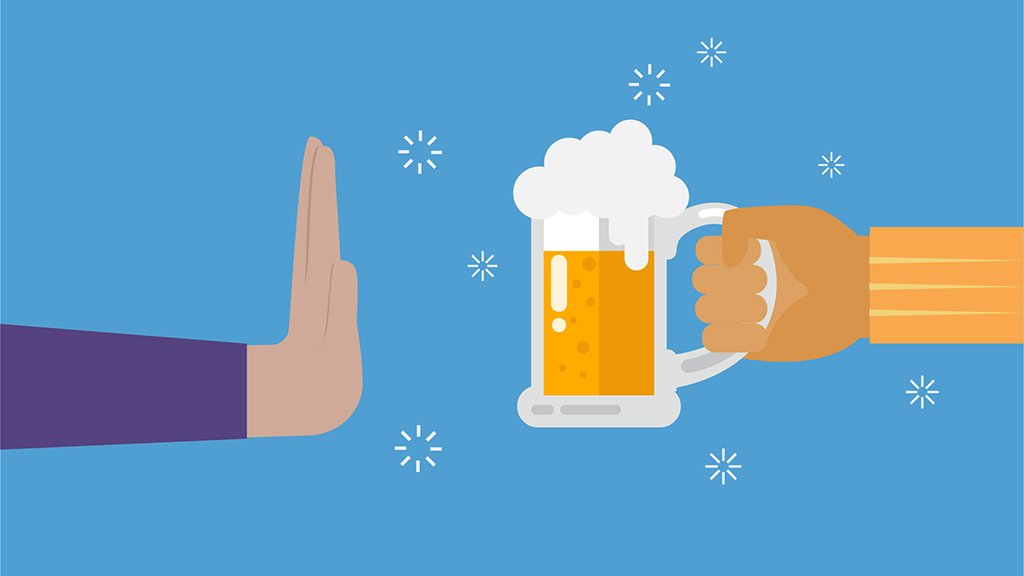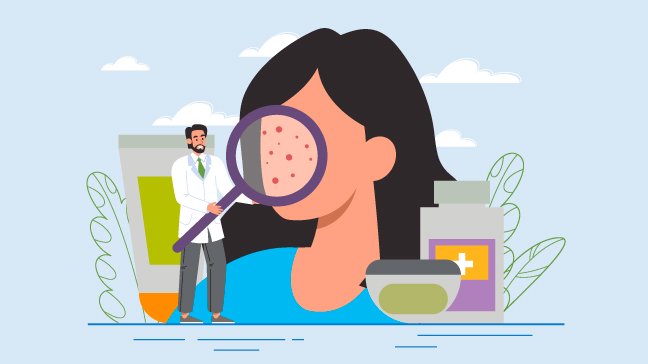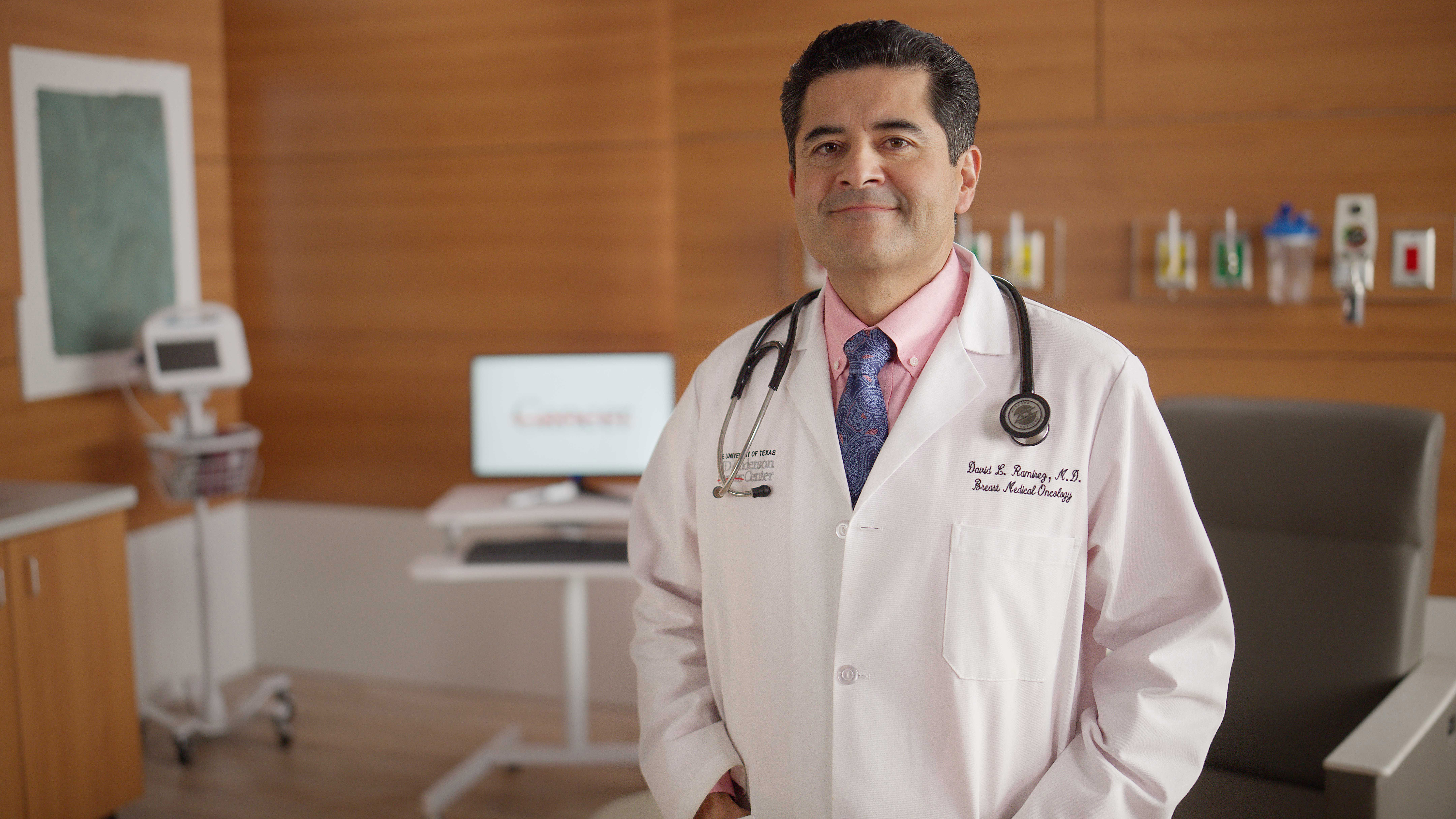- Diseases
- Acoustic Neuroma (16)
- Adrenal Gland Tumor (24)
- Anal Cancer (70)
- Anemia (2)
- Appendix Cancer (18)
- Bile Duct Cancer (26)
- Bladder Cancer (74)
- Brain Metastases (28)
- Brain Tumor (234)
- Breast Cancer (726)
- Breast Implant-Associated Anaplastic Large Cell Lymphoma (2)
- Cancer of Unknown Primary (4)
- Carcinoid Tumor (8)
- Cervical Cancer (164)
- Colon Cancer (168)
- Colorectal Cancer (118)
- Endocrine Tumor (4)
- Esophageal Cancer (44)
- Eye Cancer (36)
- Fallopian Tube Cancer (8)
- Germ Cell Tumor (4)
- Gestational Trophoblastic Disease (2)
- Head and Neck Cancer (14)
- Kidney Cancer (130)
- Leukemia (342)
- Liver Cancer (50)
- Lung Cancer (286)
- Lymphoma (278)
- Mesothelioma (14)
- Metastasis (30)
- Multiple Myeloma (100)
- Myelodysplastic Syndrome (60)
- Myeloproliferative Neoplasm (6)
- Neuroendocrine Tumors (16)
- Oral Cancer (102)
- Ovarian Cancer (178)
- Pancreatic Cancer (160)
- Parathyroid Disease (2)
- Penile Cancer (14)
- Pituitary Tumor (6)
- Prostate Cancer (150)
- Rectal Cancer (58)
- Renal Medullary Carcinoma (6)
- Salivary Gland Cancer (14)
- Sarcoma (238)
- Skin Cancer (300)
- Skull Base Tumors (56)
- Spinal Tumor (12)
- Stomach Cancer (66)
- Testicular Cancer (28)
- Throat Cancer (92)
- Thymoma (6)
- Thyroid Cancer (100)
- Tonsil Cancer (30)
- Uterine Cancer (86)
- Vaginal Cancer (18)
- Vulvar Cancer (22)
- Cancer Topic
- Adolescent and Young Adult Cancer Issues (22)
- Advance Care Planning (12)
- Biostatistics (2)
- Blood Donation (18)
- Bone Health (8)
- COVID-19 (360)
- Cancer Recurrence (120)
- Childhood Cancer Issues (120)
- Clinical Trials (628)
- Complementary Integrative Medicine (22)
- Cytogenetics (2)
- DNA Methylation (4)
- Diagnosis (238)
- Epigenetics (6)
- Fertility (62)
- Follow-up Guidelines (2)
- Health Disparities (14)
- Hereditary Cancer Syndromes (128)
- Immunology (18)
- Li-Fraumeni Syndrome (8)
- Mental Health (122)
- Molecular Diagnostics (8)
- Pain Management (62)
- Palliative Care (8)
- Pathology (10)
- Physical Therapy (18)
- Pregnancy (18)
- Prevention (936)
- Research (390)
- Second Opinion (78)
- Sexuality (16)
- Side Effects (616)
- Sleep Disorders (10)
- Stem Cell Transplantation Cellular Therapy (216)
- Support (408)
- Survivorship (328)
- Symptoms (182)
- Treatment (1788)
5 things to expect after finishing chemotherapy
5 minute read | Published November 14, 2023
Medically Reviewed | Last reviewed by an MD Anderson Cancer Center medical professional on November 14, 2023
If you’re receiving chemotherapy as a part of your cancer treatment, you’ve probably already figured out ways to make it a little more manageable.
Maybe you carry around peppermints to stave off nausea or bring warm socks to stay comfortable in chilly waiting rooms. Or, maybe you take the day off after an infusion to deal with fatigue. Regardless of what you do, you likely know by now what to expect from both your body and the process itself.
But what happens after you’ve finished chemotherapy? We spoke with Adaeze Iheme, M.D., a medical oncologist who specializes in breast cancer. Here are five things she says to expect after finishing chemotherapy.
1. Your side effects will vary in duration.
Some chemotherapy side effects only last a short while; others are long-term. The amount and type of chemotherapy drugs you receive will determine which side effects you experience and how long they last.
“Chemotherapy kills both healthy cells and cancer cells,” Iheme explains. “But you only start seeing side effects when it kills off the healthy ones. The good news is that short-term side effects — such as hair loss, nausea and diarrhea — start improving as soon as you finish chemotherapy. And, normally, they go away entirely.”
Long-term side effects, meanwhile, may last for months, or even years, after finishing chemotherapy. They include:
“Patients could still be feeling fatigued in December, for instance, even though their last chemotherapy infusion was 12 months earlier,” Iheme notes. “But time is usually the best healer. So, the further away from chemo you are, the better it generally gets.”
Some side effects can also be minimized through lifestyle changes, such as eating meals rich in whole grains, vegetables and fruits, with lean proteins like chicken and fish. Getting regular exercise can help, too.
“Weight gain occurs because chemo makes patients inactive,” she adds. “It can also slow down your metabolism. But body weight usually returns to normal if you do the right things. And exercise can help with stress and fatigue.”
If you’re experiencing long-term side effects, be sure to tell your care team about it. They can guide you to specialists who may be able to reduce or eliminate them.
2. You’ll need follow-up care to watch for a recurrence or secondary cancers.
If chemotherapy marks the end of your cancer treatment, the next step is to map out when and how often you’ll need to be monitored for a recurrence or secondary cancer. This may involve scans, blood tests, and regular in-person check-ups. Your doctor will recommend the best schedule for you.
At MD Anderson, patients who have been out of active treatment for a certain amount of time are also referred to survivorship clinics. There, they meet with specialists who create long-term surveillance plans just for them.
“Every patient is unique,” says Iheme. “So, every plan is, too. What your surveillance plan looks like will depend on the kind and stage of cancer you had, as well as the type of treatment you received. Someone who had stage II or III cancer, for instance, will likely be seen more frequently than someone who had stage I cancer.”
Each patient will also be given a list of possible trouble signs to look for that are specific to their disease. But don’t wait until your next scheduled appointment to mention one, if anything unusual crops up or you notice something is off.
“One of the most common sites for breast cancer to recur is in the bones,” notes Iheme. “So, don’t ignore bone pains if they don’t go away with conventional treatments like over-the-counter pain relievers or anti-inflammatory medications, or if they persist past two weeks.”
It’s also critical that you keep up with your follow-up appointments.
“Don’t skip an appointment, even if you feel great,” says Iheme. “You could have something concerning going on and just not be showing any symptoms yet. But we can’t catch it if you don’t come in.”
3. It’s normal to feel a little anxious about the future.
Many patients report feeling anxious once they’ve finished chemotherapy. This may be because they’re worried about a cancer recurrence or because they no longer have the predictable routine of treatment.
“Feeling anxious is totally normal,” Iheme notes.
To manage feelings of worry or anxiety, Iheme recommends that patients who’ve recently completed treatment:
- join a support group,
- connect with other survivors through myCancerConnection, MD Anderson’s one-on-one cancer support community, and/or
- reach out to one of our survivorship clinics (for MD Anderson patients).
“Hearing what’s worked well from someone else who’s been in your shoes can be incredibly helpful,” says Iheme. “And, once we get our patient navigators involved at the survivorship clinics, patients feel like they always have somebody in their corner, watching out for them. That gives them a lot of comfort.”
It’s also OK to ask your doctor about prescribing anti-anxiety medications short-term, to help you get through rough times.
4. You’ll need to take steps to reduce your risk of cancer recurrence.
One of the things patients learn in our survivorship clinics is how to reduce their own risk of recurrence through lifestyle changes.
“There are things you can do to improve your outcome, such as not smoking or drinking alcohol, getting preventive screenings at the recommended intervals, exercising and eating a balanced diet,” notes Iheme.
5. Seek help to find your ‘new normal.’
Everyday life can look very different after cancer treatment than it did before you finished chemotherapy. So, if you find yourself struggling to adapt to your “new normal,” reach out to your care team. Many times, they can steer you to support groups and other resources that you may not be aware of.
Patients at MD Anderson can also be referred to the Integrative Medicine Center for support with everything from sexual issues to chronic pain and sleep disorders.
“The name alone tells you what they do,” notes Iheme. “It’s a little bit of everything. If you have body image issues, you can talk to our plastic surgeons about options that may improve your appearance. If you have faith-based concerns, our chaplains can provide spiritual counseling. If you have anxiety issues, we have psychiatrists who can provide therapy, relaxation strategies or medication. We also offer services like massage, acupuncture and physical therapy. It’s a big part of our post-cancer care.”
Regardless of what you might be experiencing after finishing chemotherapy, know that you’re not alone. And, if you’re struggling, you need not suffer in silence. Help is just a phone call or myChart message away. So, don’t hesitate to reach out to your care team. They’re ready to assist you.
Request an appointment at MD Anderson online or by calling 1-855-799-3642.
Related Cancerwise Stories

Feeling anxious is normal.
Adaeze Iheme, M.D.
Physician





